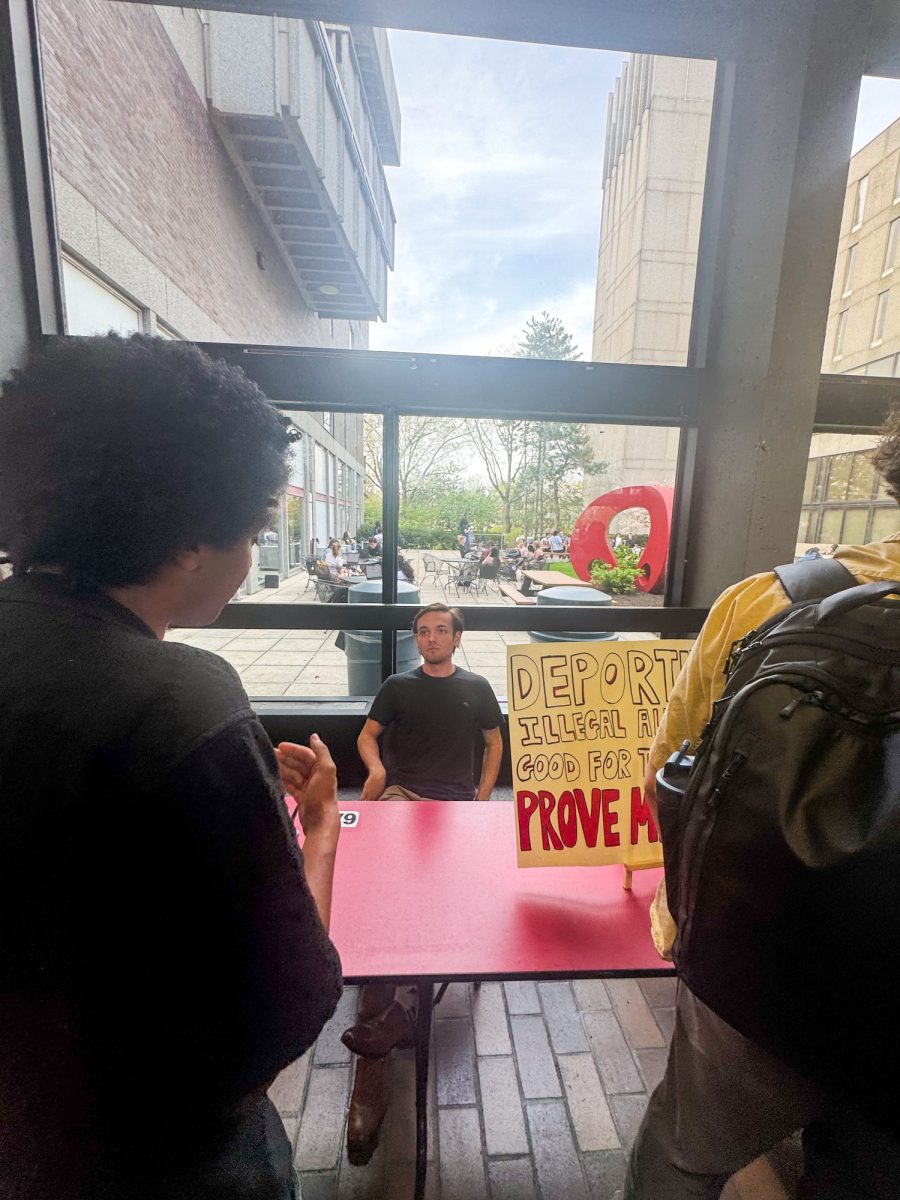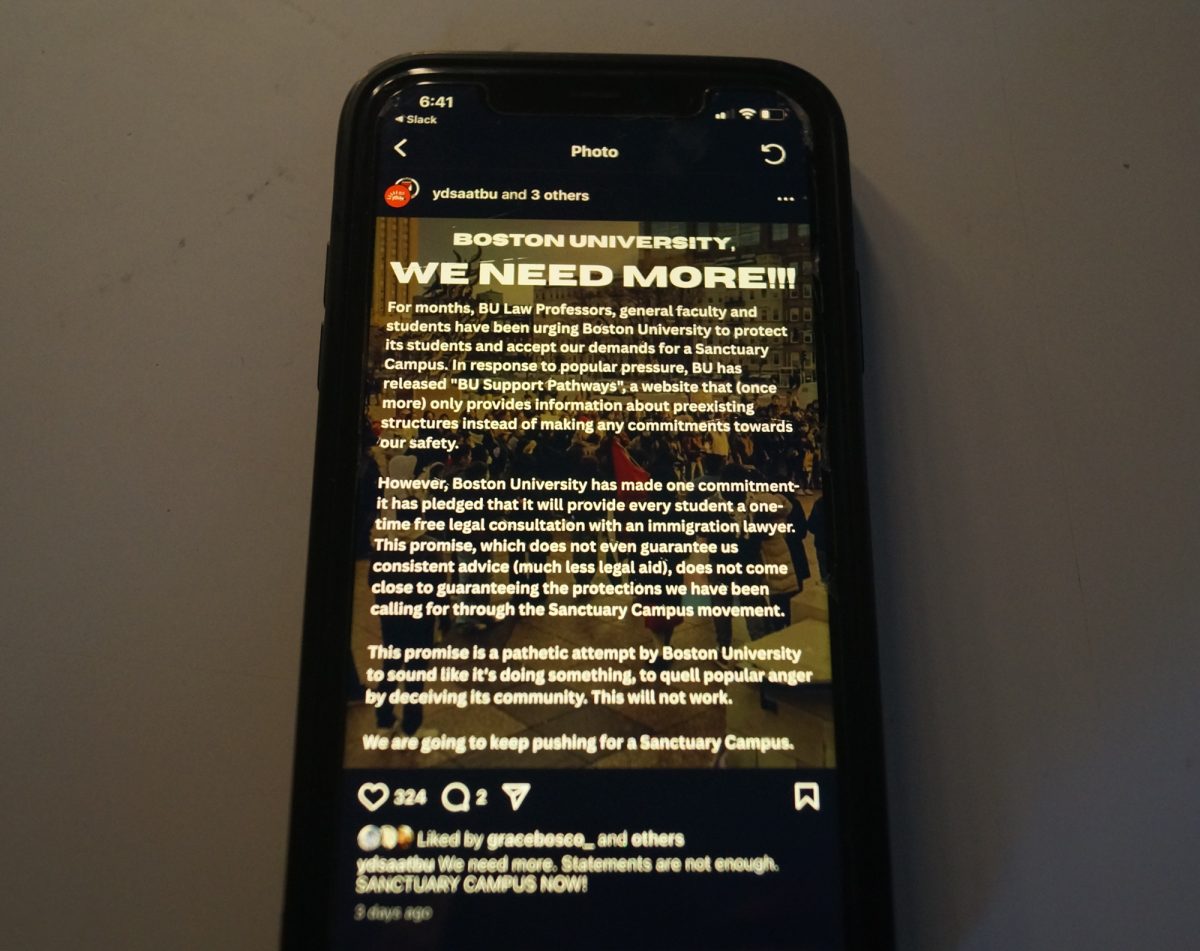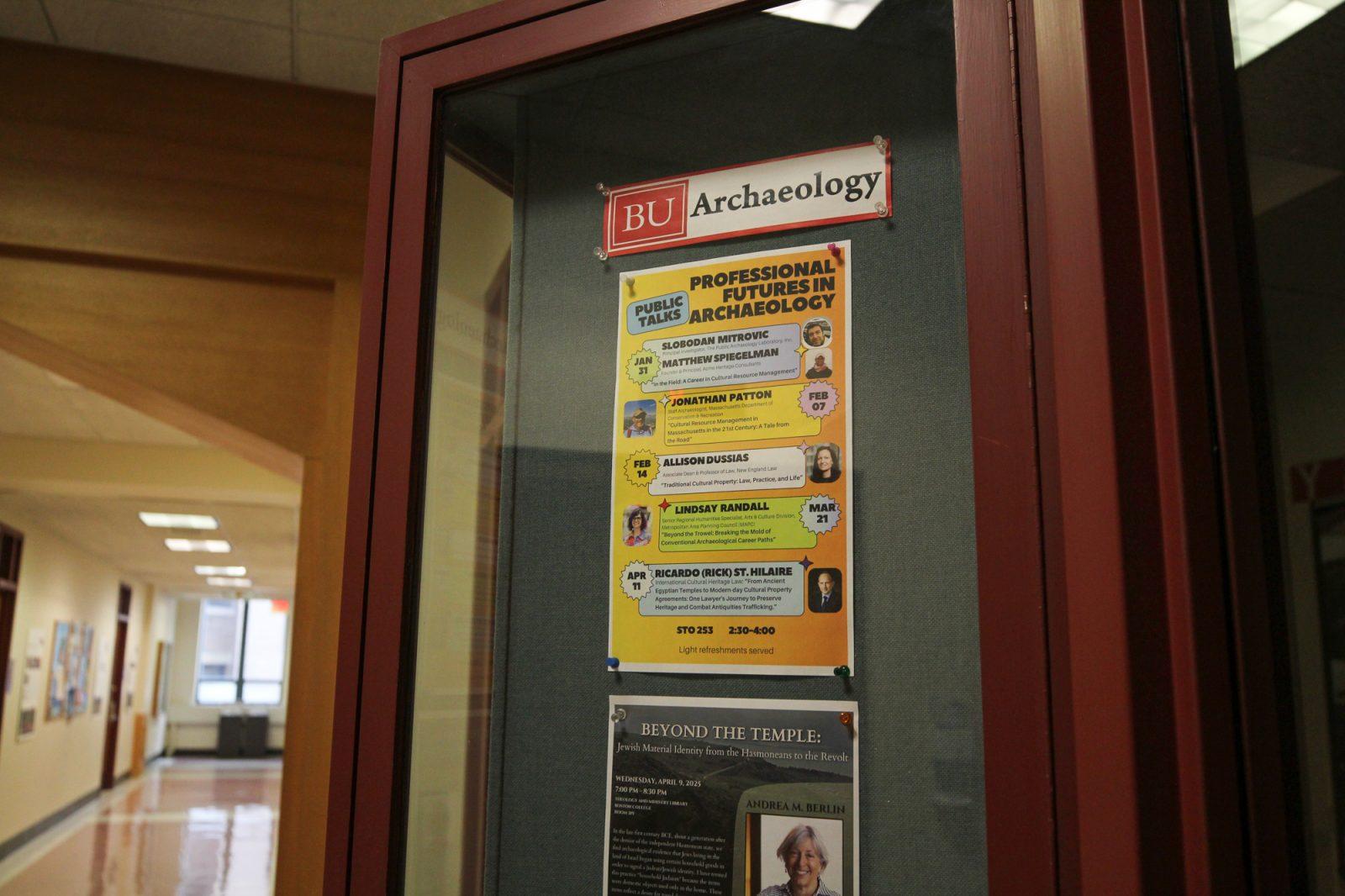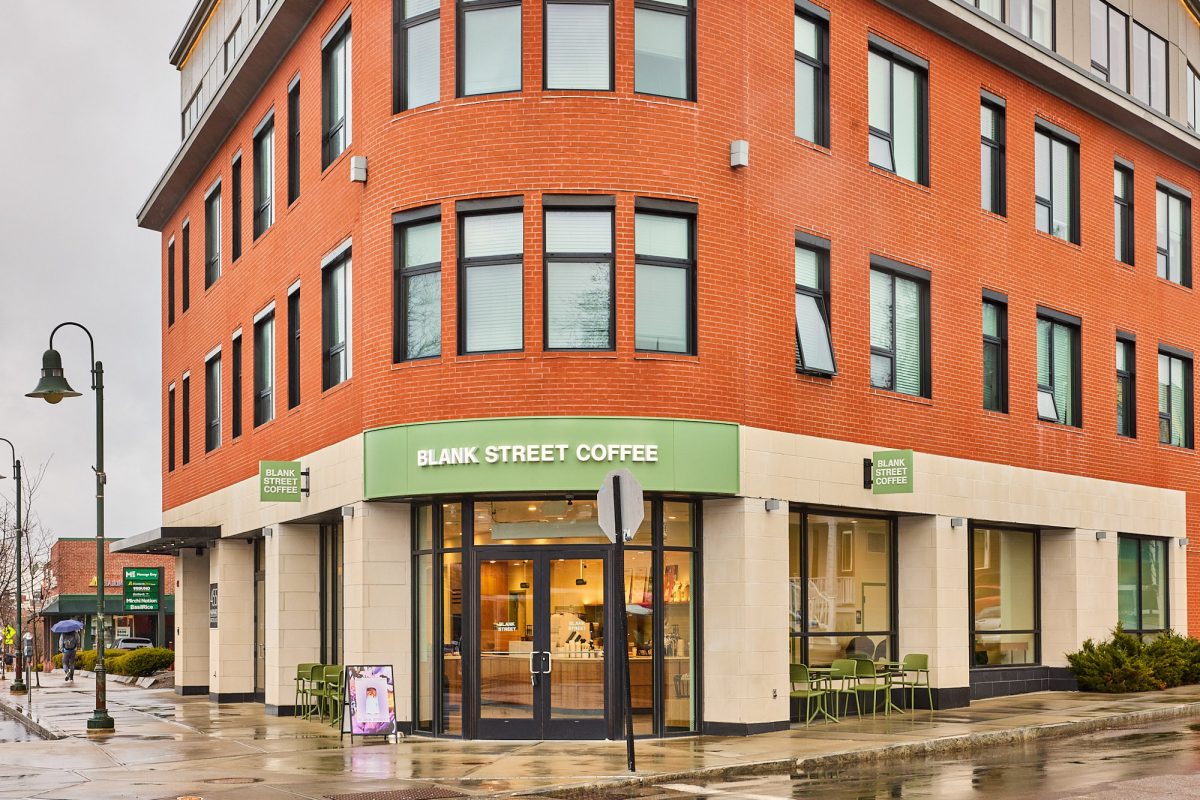Internet sales topped 100 billion dollars in 2006 — more than the gross national product of many small countries — proving its growing significance in the marketplace today.
Though people of all ages and occupations have fueled the newest marketplace — complete with shops for sweaters, baseball tickets and used cars — college students are among the most eager to open up their wallets while surfing the web, where they already spend hours each day.
Boston University alumna Jennifer Shin (CAS ’05), a self-proclaimed “information nerd,” said she likes to shop online because stores usually offer detailed product descriptions.
“I love researching and knowing everything about what I buy,” she said.
Most of the products Shin buys online are gifts for relatives because she can ship purchases directly from stores to Alaska, where most of her family lives.
Not having to do the shipping herself is “darn convenient,” she said.
Shin said the opportunity for customers to receive unbiased feedback from dozens of other shoppers is one of the best things about skipping the store experience with pushy salespeople and long lines.
Anthony Curro, founder of online clothing line “United By Fate,” said running a business online instead of storefront has many advantages.
Curro, a junior at Harvard College, said stores are able to offer broader selections, and because they do not have to pay the rent, maintenance and utility fees of a physical store, owners can offer products at a lower cost.
However, Curro acknowledged the cut in costs can also have a negative impact.
“I think that the Internet will impact markets the way that globalization does — driving down prices, but leaving people questioning the quality of the products,” he said. “People [will] still feel more comfortable going to a reliable establishment and often want to take products home rather than chance damage in shipping.”
The continued growth of online shopping companies has nonetheless fueled the growth of related businesses, especially those in the shipping industry, such as UPS.
David Bell, a UPS ramp agent at Providence Airport, said the volume of packages he and his coworkers handle has increased over the past 10 years.
“Ninety-nine percent of this extra volume can be contributed to online shopping,” he said.
Because customers often order products online that they cannot get in stores near their homes, then wrap them and send them back out to others during the holiday season, the volume of packages effectively doubles.
Especially during this past holiday season, Bell said some UPS drivers worked 20-hour shifts just to handle the enormous volume of shipments through the airport.
Though some customers are wary of ordering online because they fear fraud and do not trust stores’ security systems, especially at smaller establishments, Bell said many customers like that they can track their purchases online. Through most systems, they can locate their packages at all times, he said.
People like to know “exactly where [their] things are and when they will get there,” he said.














































































































